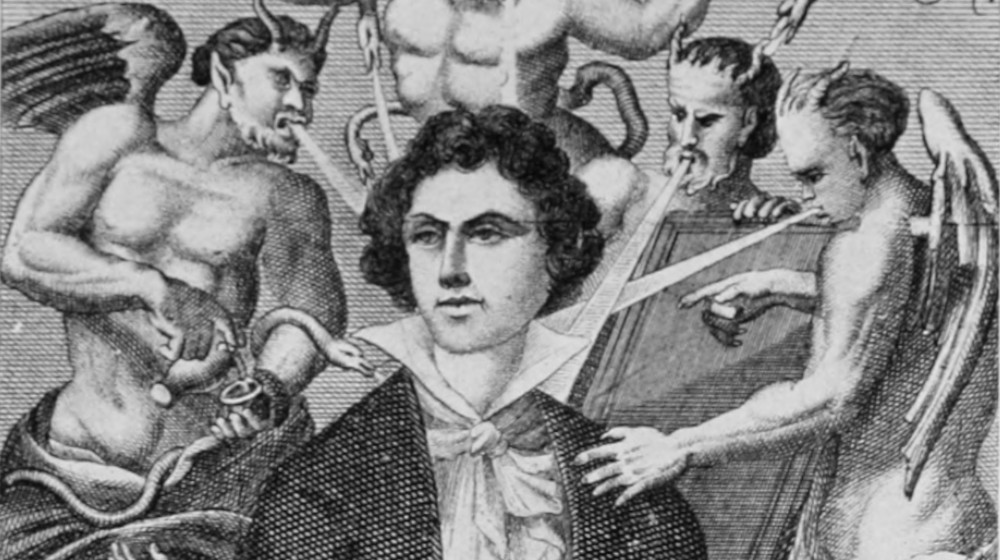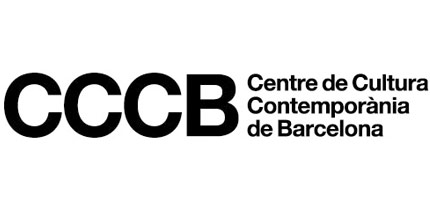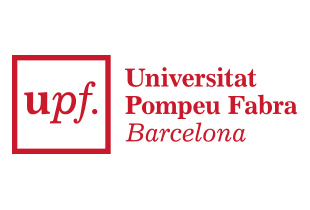Sade
Reading Sade Today
What is Sade’s legacy in contemporary thought? Depending on the person who approaches his works, there is a revolutionary and liberating Sade or a pernicious, corrupting figure. The predicament is whether to read and take him seriously as a philosopher should do, or to see him as a novelist who remains limited to constructing fantasies. However, in addition to these contrasting viewpoints, we can also try to interpret what is presented to us as a challenge, namely the invitation to address the question of the place that evil occupies in human experience, which would then lead us to wonder whether these writings represent a philosophy of freedom or a philosophy of evil. The former would be emancipating and subversive, rebelling against traditional moral and religious values, while the latter would reveal the excessive, violent dimension of desire and the destructive consequences of boundless rationality.
In this cycle, curated by Antonio Monegal, well-known thinkers will discuss the figure of Sade and his legacy in the realm of philosophy from the standpoints of four concepts that run through his work: “morality”, “transgression”, “politics”, and “desire”.
This activity is part of Sade
Related contents
Desire
Clara Serra, Marta Segarra and Begonya Saez Tajafuerce
In the work of Sade, fulfilment of boundless desire can lead to freedom but also to evil. The philosophers Clara Serra and Marta Segarra speak about the relationship between desire and free will in a conversation moderated by Begonya Saez Tajafuerce.
Politics
Éric Marty & Albert Mestres
The essayist Éric Marty speaks with writer and translator Albert Mestres about the political reading of Sade’s work, perhaps the dimension of his texts that is the least known to the general publica, nd its relationship with the present.











